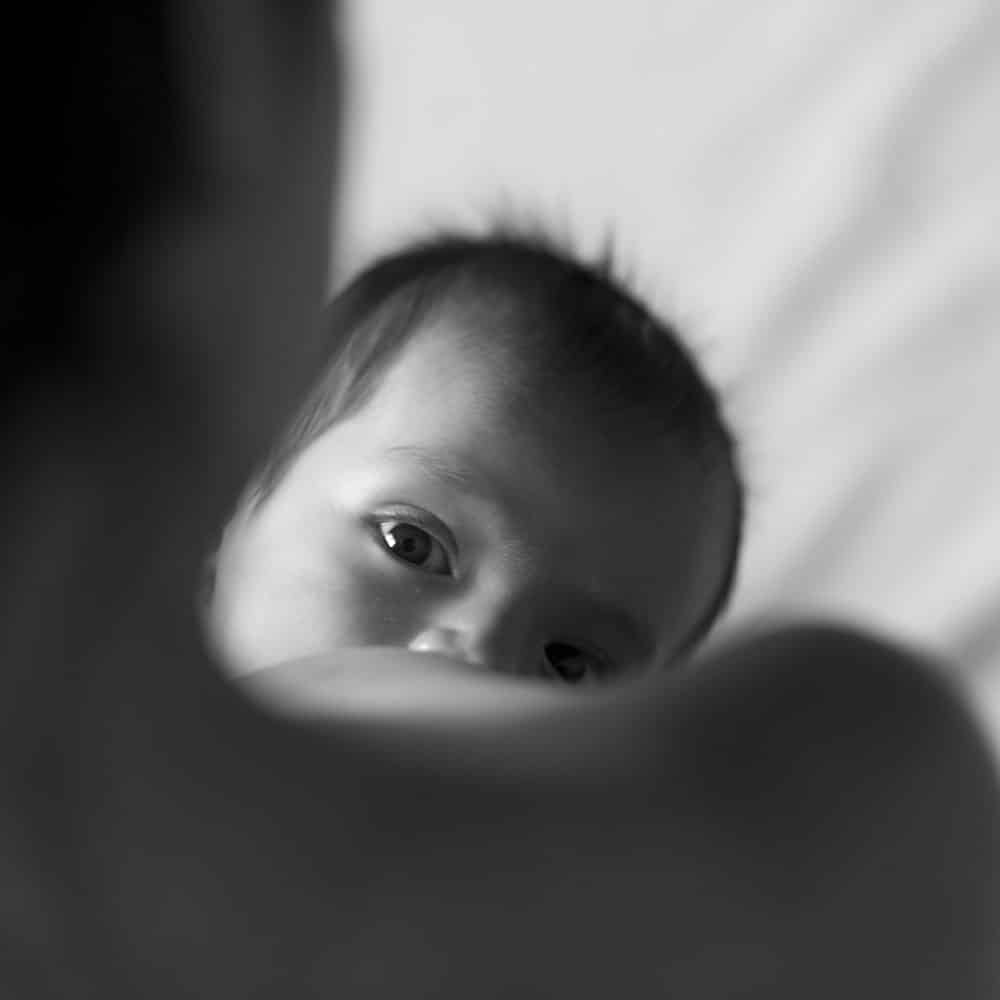(HealthDay News) — Women who breast-fed at least one child appear to have a lower risk for developing endometriosis, new research suggests.
Endometriosis is a chronic and often painful condition that occurs when the lining of the uterus grows outside of the reproductive organ on the fallopian tubes, ovaries or another area.
“We found that women who breast-fed for a greater duration were less likely to be diagnosed with endometriosis,” said study author Leslie Farland. She is a research scientist at Brigham and Women’s Hospital in Boston.
“Given the chronic nature of endometriosis and that very few modifiable risk factors are currently known, breast-feeding may be an important modifiable behavior to reduce the risk of endometriosis among women after pregnancy,” Farland said in a hospital news release.
The study involved thousands of women who participated in the Nurses’ Health Study II. That study began in 1989, and the women were tracked for two decades. The researchers found that during this time, nearly 3,300 of the women were diagnosed with endometriosis after giving birth to their first child.
The research team then focused on breast-feeding behavior among the women. Specifically, the researchers considered how long the women nursed their infants, when they introduced solid food or formula, and how much time passed before their first postpartum period.
The women’s risk for endometriosis fell by 8 percent for every three additional months they breast-fed after each pregnancy, the findings showed. Their risk dropped 14 percent for every extra three months of exclusive breast-feeding after each pregnancy.
The researchers also looked at a woman’s lifetime risk. Women who exclusively breast-feed for a cumulative 18 months or more during their reproductive years (which may include multiple pregnancies) have a nearly 30 percent lower risk for endometriosis, the study found.
The temporary pause in periods while women are breast-feeding shortly after birth may partially explain their lower risk for endometriosis, the study authors suggested. The hormonal changes associated with breast-feeding could also play a role.
However, it’s not entirely clear if women who breast-feed are less likely to develop endometriosis or if they are just less likely to become symptomatic and seek out a surgical evaluation to confirm the diagnosis.
“Our findings lend support to the body of public health and policy literature that advocates for the promotion of breast-feeding,” Farland said.
“Our work has important implications for advising women who are looking to lower their risk of endometriosis. We hope that future research will illuminate whether breast-feeding could help lessen the symptoms of endometriosis among women who have already been diagnosed,” she added.
About 10 percent of women in the United States are affected by endometriosis, the researchers said. Symptoms of the condition include pain in the lower part of the belly, painful periods and pain during sex.
The study was published recently in the BMJ.
“Breast feeding is our body’s natural way of help build our immune systems. If for some reason breast feeding has a positive effect on the health of the mother feeding, this is a tremendous bonus,” pointed out Dr. Ronald Klatz, President of the A4M.




